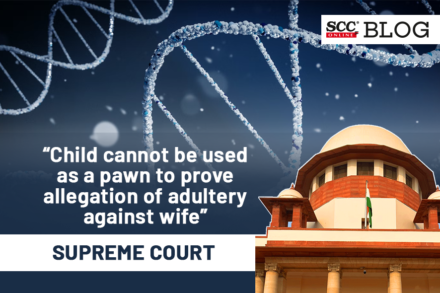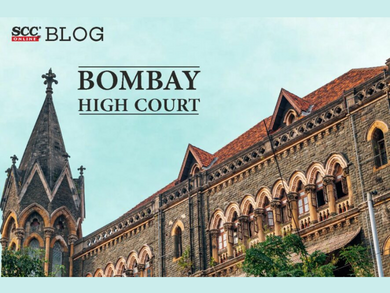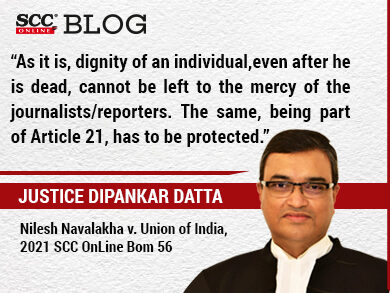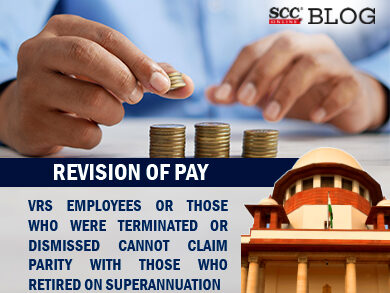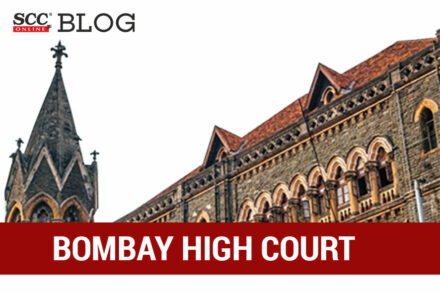
“Newborn baby includes both ‘full term’ or ‘pre-term’”; Bombay High Court directs payment of insurance claim
Bombay High Court rejected the insurance company’s contentions and directed them to pay the claim of Rs 11,05,953 to the petitioner with interest and Rs 5 lakhs as costs of litigation.


